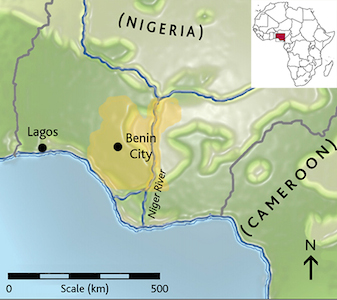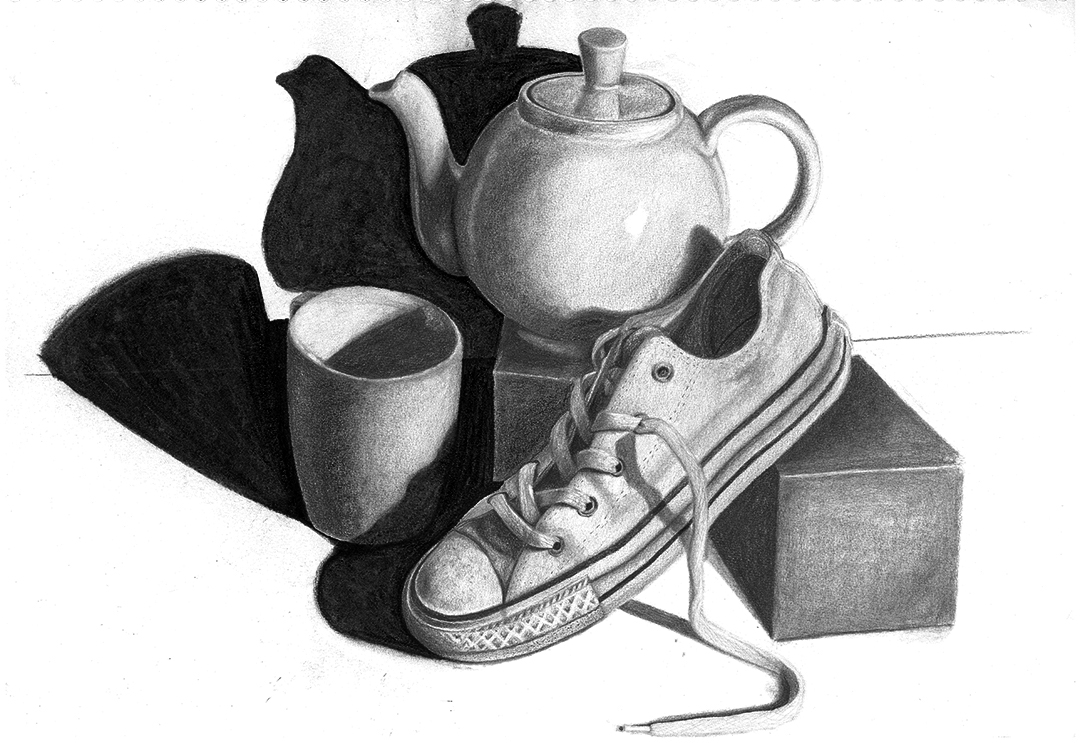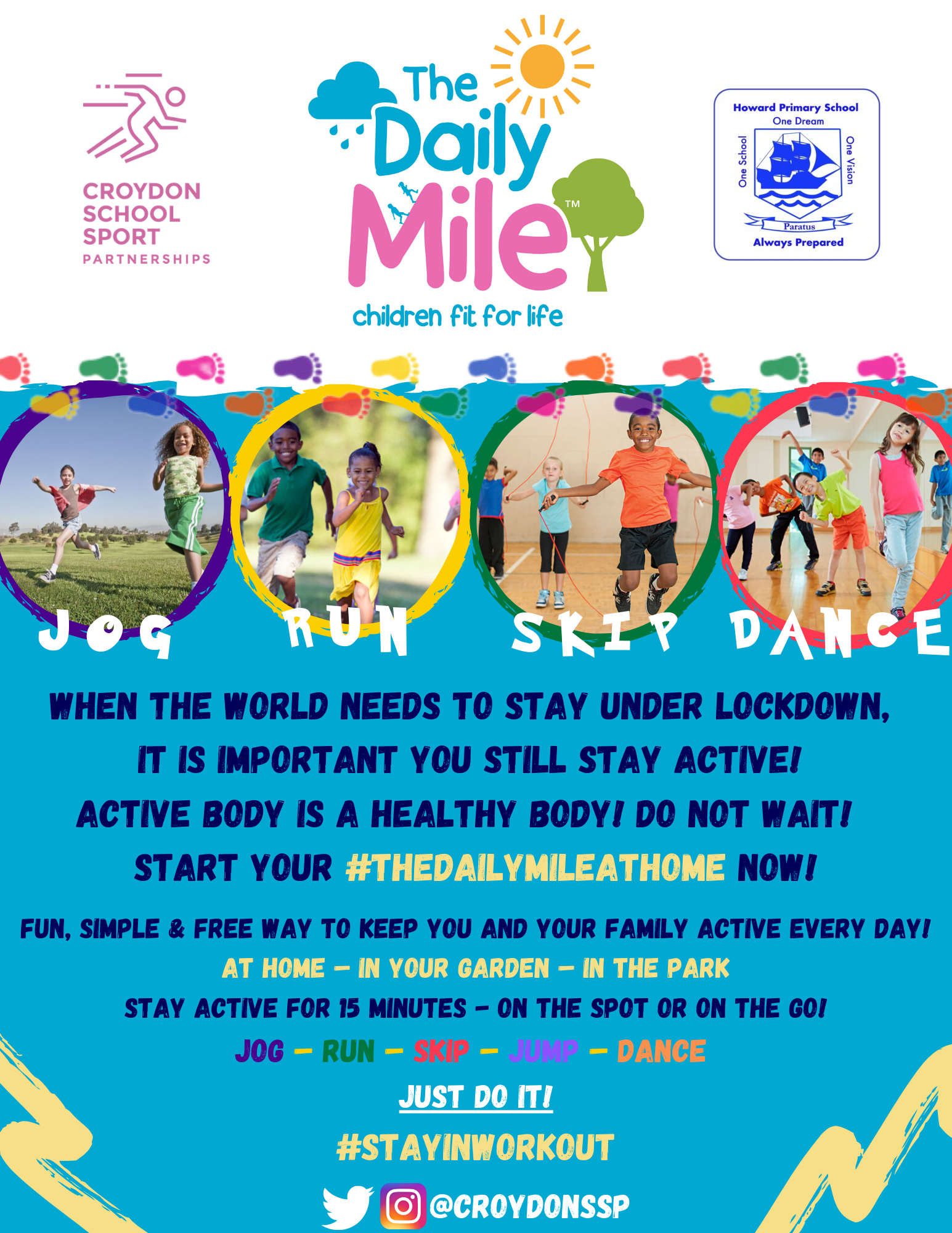Year 6 home learning – Week beginning 2nd June 2020
[dropshadowbox align=”none” effect=”lifted-both” width=”auto” height=”” background_color=”#c278f2″ border_width=”5″ border_color=”#131111″ ]We hope that you all had a fantastic and relaxing half term! Just a quick reminder that Monday is an INSET day. We would really like for you to keep sending us your work on Class Dojo. Please make sure, if you haven’t done so already, that you are keeping up to date with the Fiction Express reading – just let us know if you need your login details again. [/dropshadowbox]
English
The Lighthouse
Day 1 – Create a story map of the key events from ‘The Lighthouse’.
Using adverbials of time and arrows linking to each image, recount the key events of the clip. After, list what you think what could be some key vocabulary relating to this topic. Remember to use ambitious vocabulary, figurative language, expanded noun phrases or even some powerful verbs. Most importantly, make sure that you have checked the spellings by using a dictionary (if you don’t have one at home, you can use one online).
Day 2 – Hotseating activity as the Lighthouse Keeper.
What sorts of questions would you like to ask him? Record your questions on a table with two columns:
Remember that open questions always require a longer answer.
After writing at least 5 questions for each, either with a parent or by yourself, answer the questions as the Lighthouse Keeper.
Day 3 – Planning a newspaper report
Use the examples to refresh your memory back to our unit on newspaper reports we completed earlier in the year…
Day 4 – L.O. I can write and edit a newspaper report.
Using your planning sheet and the resources below, write your newspaper report. Once finished, check against the key features to see if you can up-level any further.
[dropshadowbox align=”none” effect=”lifted-both” width=”auto” height=”” background_color=”#56fcb8″ border_width=”5″ border_color=”#131010″ ]We would like you to send all newspaper reports to our Class Dojo account or by emailing them to howardprimaryyear6@gmail.com. [/dropshadowbox]
SPAG
Formal or informal language
Spelling Frame – words ending in -cious and -tious
We shall be looking at how you get on with the revision of these endings. Please let us know if you need your login details again.
Passive and active voice
Active and passive voice activity
Reading
Read the text and answer the questions. Send the answers to us on Class Dojo!
History
L.O. To develop chronological understanding about Benin

Key Question – When was the Benin Kingdom in power?
Starter –
What do you know already about Benin?
What would you like to know about Benin?
Mind map these two questions in your book/paper. Share and group types of questions, e.g. life questions, geography questions, leadership qus etc.
Talk through the info slides that set Benin in context of time and place. One map shows where the Benin Kingdom was and the other is a modern map of Africa. Point out on the modern map that there is a country called Benin now, but that this was named after the Kingdom and is not in the same place.
Input and development –
Order the periods of history (on the slides) in chronological order.
Parent help – Label the centuries in which the Benin Kingdom was in existence (900 – 1897 AD) with a coloured sticker / symbol so it stands out.
What do the children think they mean?
Ancient Egypt and the Stone Age, although important periods in the primary curriculum, are not featured here since they are before the earliest date on this timeline, 1000BC
The WWII symbols is smaller to indicate comparative scale.
Which periods in history that we have studied ran concurrently? What was the longest period in history of these examples?
In books, write a summary of what you have learnt.
Plenary –
Look at the end date of the Kingdom of Benin. (1897). Why do you think this powerful, long lasting Kingdom might have come to an end in 1897?
Spanish
Watch the online lesson and practise your Spanish numbers.

https://www.thenational.academy/year-6/foundation/el-alfabeto-y-los-numeros-year-6-wk1-2
Science
We shall be starting our new topic called Fossils and Animals over Time. Lesson 1 starts off ‘lightly’ by looking at What is the Theory of Evolution?

Maths
Lesson-1-Multiply-and-divide-by-10-100-and-1000
Lesson-2-Multiply-decimals-by-integers-2019
Lesson-3-Divide-decimals-by-integers-2019
Lesson-4-Decimals-as-fractions-2019
Art
This week, we would like for you to collect a few items that have been meaningful to you whilst you have been at home to create a still life piece of art. Think about how you would like to arrange them and you can choose any media (drawing, painting, sculpture) to depict them.

Geography
Geography Map Challenge 3 – Rivers, Mountains and Oceans
Music
All year group pupils from year 1 to year 6 can access the making music online for music activities.
https://www.cma-online.co.uk/making-music
The password is makingmusic123
PE
It is super important that we are still keeping active whilst at home. Please find below a selection of resources for you to choose from:
Password: howardprim

